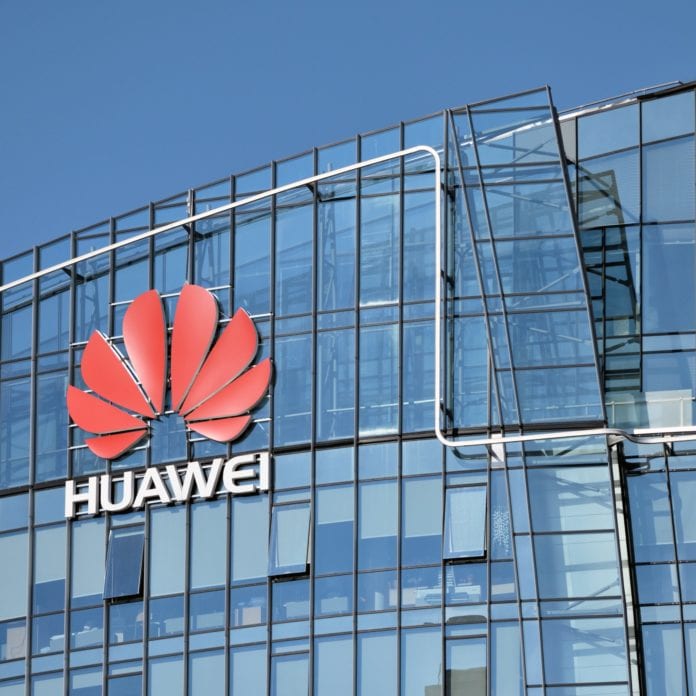The executive said that 5G networks will be deployed by a combination of suppliers from Europe, China and the U.S.
Cisco System’s CEO Chuck Robbins said that governments should not be worried about the possibility that Chinese vendor Huawei Technologies will dominate the race to deploy 5G wireless networks, according to a report by Bloomberg.
“The current infrastructure around the world is built on a combination of communication suppliers from Europe, from China, from the U.S., everywhere,” Robbins said in a CNN interview. “And I think that despite everything that we hear, I think that’s going to be the case in the future as well.”
Robbins said that despite that fact that Huawei competes in both radio technology and core network equipment, “there’s not going to be one manufacturer” providing 5G equipment. Cisco itself announced a number of 5G network-related wins during last week’s Mobile World Congress conference in Barcelona.
The U.S. government is seeking to discourage telecommunication network providers from purchasing equipment from Huawei and is pressing European governments to do the same, saying Huawei’s gear allows spying activities from the Chinese authorities. The Chinese government and Huawei have rejected U.S. allegations that China’s laws require companies to help collect intelligence.
A number of countries including the U.S., Canada, Japan, Australia and New Zealand have already taken certain steps to block or limit purchases of network equipment from Huawei and ZTE, over security allegations.
Tensions between the U.S. authorities and Huawei increased after the Justice Department announced criminal charges against the Chinese vendor, two affiliates in the U.S. and Iran, and the company’s CFO. A bipartisan group of U.S. lawmakers recently introduced bills that would ban the sale of U.S. chips or other components to Chinese vendors — including Huawei and ZTE — that violate US laws. If passed, the bill would require the U.S. president to ban the export of U.S. components to any Chinese telecommunications company that violates U.S. sanctions or export control laws. The bill stipulates that penalties for violating U.S. export control laws or sanctions cannot be withdrawn until a pattern of compliance and cooperation over the course of a year proves that the practices by Chinese firms have been changed.
Also, the Trump administration reportedly has an executive order in the works that would ban the use of equipment from Chinese vendors in U.S. telecom networks, according to recent reports, although such an order has not yet materialized.

